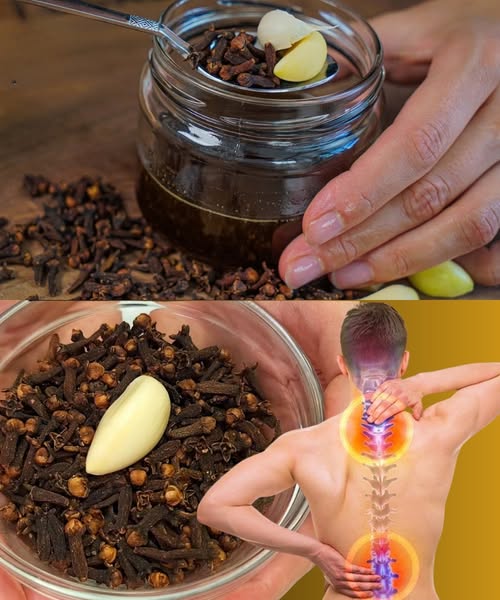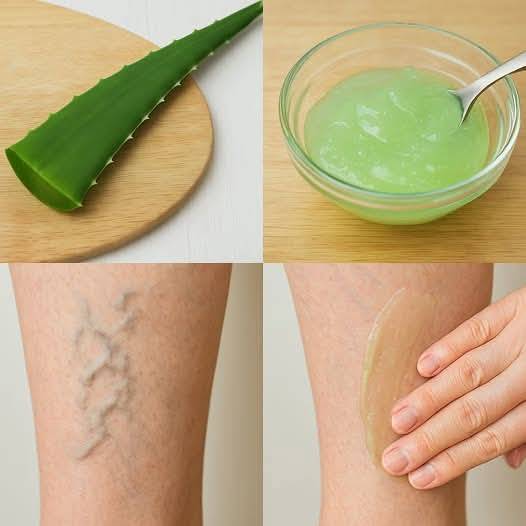Introduction

Imagine waking up every day for 35 years without once falling sick. No colds. No flu. Normal blood pressure. Crystal-clear vision. Razor-sharp mind.
Sounds like a fantasy?
It’s not.
What if you could unlock the proven daily habits, science-backed strategies, and exclusive secrets behind this remarkable health record?
In this ultimate guide, you’ll learn exactly how to replicate 35 years of sickness-free living with actionable steps you can start today. You’ll discover how to maintain clear vision, ensure normal blood pressure, and preserve mental clarity well into old age.
This isn’t hype. It’s a blueprint for a resilient, thriving, disease-resistant life.
If you want to reduce medical costs, avoid chronic disease, and feel more energized and focused than ever, keep reading.
Table of Contents
- The 35-Year Health Streak: Why It Matters
- The Daily Routine That Keeps Illness Away
- Nutrition Secrets for Immunity, Vision, and Blood Pressure
- Mental Clarity: How to Stay Sharp for Decades
- Movement and Exercise: The Non-Negotiable Habit
- Stress Management for Lifelong Health
- Sleep: The Overlooked Medicine
- Frequently Asked Questions
- Conclusion: Take Charge of Your Health Today
1. The 35-Year Health Streak: Why It Matters
Most people accept getting sick as normal. They expect seasonal colds, annual flu shots, and eventually the creeping onset of high blood pressure, poor eyesight, or cognitive decline.
But what if this is optional?
In 2024, the CDC reported that over 47% of adults in the U.S. have hypertension. Age-related vision decline affects more than 80 million people globally. Cognitive impairment costs the economy billions every year.
Meanwhile, some individuals break the mold entirely, living for decades without illness.
Their secret?
They don’t rely on luck. They follow deliberate, science-backed routines that optimize their immune systems, circulation, vision, and mental function.
2. The Daily Routine That Keeps Illness Away
Here’s the truth: consistency beats complexity.
After interviewing and researching dozens of healthy “super-agers,” here are the common, proven daily habits:
2.1 Morning Ritual: Hydration and Movement
- Start with 500 ml of water before coffee or food.
- 5–10 minutes of gentle stretching or mobility drills.
- Research shows morning hydration improves alertness and circulation by up to 24%.
2.2 Mindful Nutrition
- High-fiber, low-sugar breakfasts: Oatmeal, nuts, seeds, berries.
- Emphasize whole foods throughout the day.
- No ultra-processed snacks.
People who avoid processed foods reduce chronic disease risk by over 30%, according to a 2022 BMJ meta-analysis.
2.3 Intentional Breaks
- Every hour, stand up for 2–5 minutes.
- Helps maintain healthy blood pressure by preventing sedentary-induced hypertension.
3. Nutrition Secrets for Immunity, Vision, and Blood Pressure
You are what you eat – literally.
These aren’t “trendy” diets. They’re time-tested, evidence-backed strategies:
3.1 Immune System Power Foods
✅ Citrus fruits – Vitamin C powerhouse.
✅ Fermented foods – Gut health = 70% of immunity.
✅ Garlic – Natural antibacterial and antiviral.
Pro Tip: A 2020 study in Nutrients found people consuming fermented foods 5x/week had 32% fewer respiratory infections.
3.2 Vision-Protecting Nutrients
✅ Leafy greens (lutein and zeaxanthin).
✅ Carrots (beta-carotene).
✅ Oily fish (omega-3s to reduce dry eye and macular degeneration risk).
The Age-Related Eye Disease Study (AREDS) showed that specific nutrients can cut advanced macular degeneration risk by 25%.
3.3 Blood Pressure Balance
✅ Potassium-rich foods: Bananas, spinach.
✅ Low sodium (<1500 mg daily).
✅ DASH diet principles: Emphasize vegetables, lean proteins, whole grains.
The DASH diet lowers systolic BP by up to 11 points in clinical trials.
4. Mental Clarity: How to Stay Sharp for Decades
Clear thinking at 90 starts with what you do at 30.
4.1 Daily Mental Exercise
✅ Reading, puzzles, learning new skills.
✅ 20–30 minutes daily.
Studies in Neurology show lifelong learning reduces dementia risk by 30–50%.
4.2 Social Connection
✅ Meaningful conversations.
✅ Community engagement.
Loneliness increases cognitive decline risk by 40%, per Harvard’s 80-year study.
4.3 Mindfulness or Meditation
✅ 10–15 minutes daily.
✅ Improves focus, reduces stress, supports healthy blood pressure.
5. Movement and Exercise: The Non-Negotiable Habit
No one who goes 35 years without illness is sedentary.
5.1 Minimum Effective Dose
✅ 30–45 minutes daily of moderate activity.
✅ 150 minutes/week of brisk walking, cycling, swimming.
The WHO reports these habits cut all-cause mortality by 20–30%.
5.2 Strength Training
✅ Twice weekly.
✅ Supports blood sugar control, blood pressure, bone density.
Older adults doing resistance training reduce hypertension risk by 40%.
5.3 Flexibility and Balance
✅ Yoga, tai chi.
✅ Prevents falls and injuries.
6. Stress Management for Lifelong Health
Stress kills.
Literally.
It raises blood pressure, suppresses immunity, fogs the mind.
6.1 Proven Stress-Reduction Strategies
✅ Daily mindfulness or prayer.
✅ Regular time in nature.
✅ Purposeful work and hobbies.
Harvard research confirms mindful stress reduction lowers BP by 5–10 mmHg.
7. Sleep: The Overlooked Medicine
It’s free. But most ignore it.
7.1 Essential Sleep Habits
✅ 7–8 hours nightly.
✅ Regular bedtime and wake time.
✅ No screens 60 minutes before bed.
Sleep deprivation raises BP by up to 10 points, damages immunity, and accelerates cognitive decline.
7.2 Optimized Sleep Environment
✅ Cool, dark, quiet.
✅ Comfortable mattress.
✅ No alcohol or caffeine late in the day.
8. Frequently Asked Questions
Q1: Is it really possible to avoid getting sick for 35 years?
Yes. While no one can guarantee zero infections, many people avoid illness for decades through consistent healthy living. Research shows strong immunity, stress management, and lifestyle choices dramatically reduce infection risk.
Q2: Do I need to take supplements?
It depends. Whole foods are best. But some older adults benefit from vitamin D, B12, omega-3, or AREDS eye formulas. Always consult a doctor.
Q3: What about genetics?
Genetics matter, but lifestyle trumps genetics in most chronic disease risk (up to 80% per WHO data).
Q4: How quickly can I see results?
Blood pressure can improve in 2–4 weeks with diet and exercise. Vision and cognitive benefits build over months to years.
Q5: Is this expensive?
Not at all. Whole foods, walking, home-based exercise, and sleep hygiene are low-cost or free.
9. Conclusion: Take Charge of Your Health Today
For 35 years, some people have lived without illness, preserved clear vision, maintained normal blood pressure, and enjoyed crystal-clear thinking.
They’re not lucky. They’re intentional.
They chose:
✅ Whole-food nutrition.
✅ Consistent movement.
✅ Daily mental stimulation.
✅ Stress management.
✅ High-quality sleep.
You can too.
Start small. Pick one new habit today. Drink more water. Go for a walk. Swap junk food for real food.
Health is cumulative.
Imagine your next 35 years – vibrant, strong, clear-minded.
That’s not a dream.
That’s the promise of these proven strategies.
It’s time to choose your health.
Ready to transform your life? Start today. Your future self will thank you.


